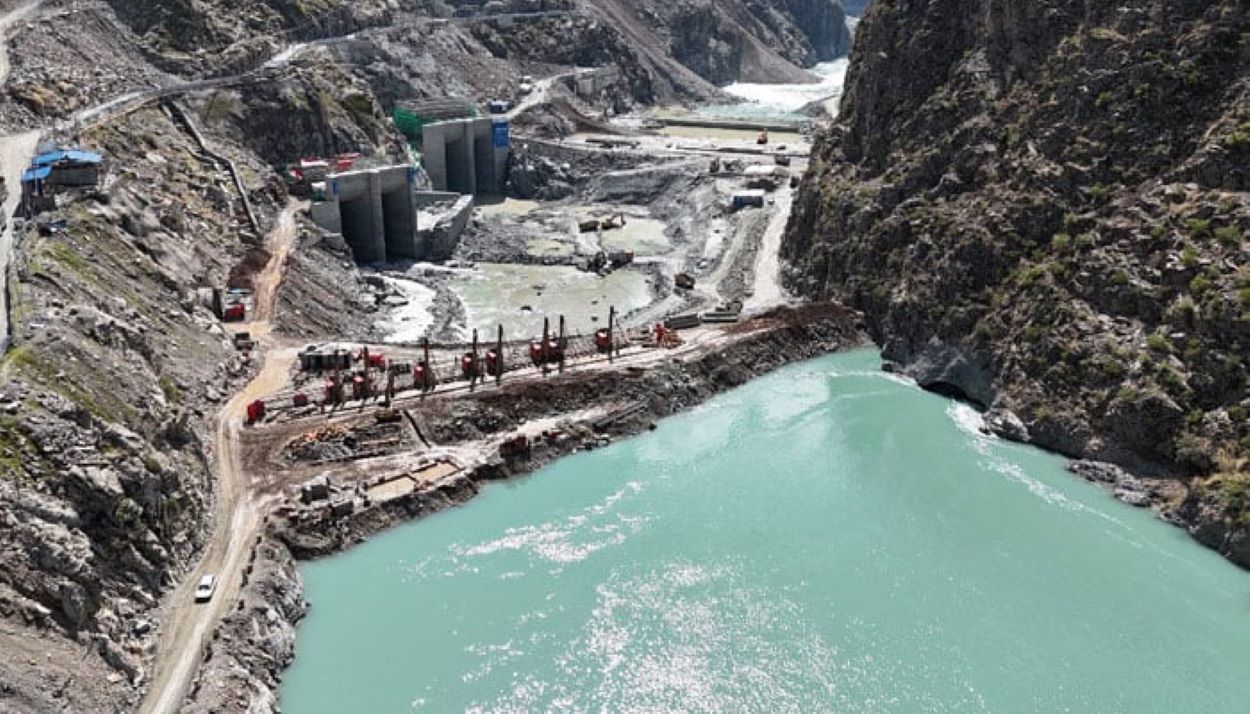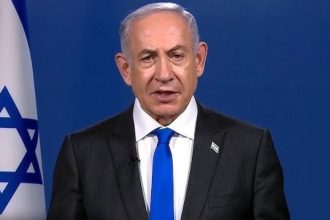The World Bank granted $1 billion for the second phase of financing the DASU Hydropower Stage I (DHP I) Project. This funding supports the first phase, which aims to boost Pakistan’s power supply.
Najy Benhassine, the World Bank’s Country Director for Pakistan, commented on the challenges within the country’s energy sector, noting the goal of affordable, reliable, and sustainable energy.
The project is set to enhance electricity access and socio-economic development. Located about 8 km from Dasu Town in the Upper Kohistan District of Khyber Pakhtunkhwa, the Dasu Hydropower Project will significantly increase the production of affordable electricity. It will deliver an installed capacity of 4,320–5,400 MW upon completion.
DHP-I is under construction with a capacity of 2,160 MW and will produce 12,225 gigawatt hours (GWh)/year of renewable energy at low cost. The second stage, DHP-II, will contribute an additional 9,260–11,400 GWh annually.
Rikard Liden, the project’s Task Team Leader, emphasized the importance of DHP-I in reducing Pakistan’s reliance on fossil fuels and achieving a 60% renewable energy target by 2031.
The additional funds will also enhance socio-economic programs in Upper Kohistan, particularly in the education, health, employment, and transport sectors.
High costs and reliance on expensive imported fuels drive Pakistan’s urgent need for affordable electricity sources. This has led households, factories, mosques, and hospitals to adopt solar power, impacting those still on the national grid.
On June 9, the Federal Board of Revenue recently requested $25 million from the World Bank to implement an automated tax refund system under the Income Tax Ordinance 2001. This request followed a report submitted to the Islamabad High Court in response to a public interest petition.






